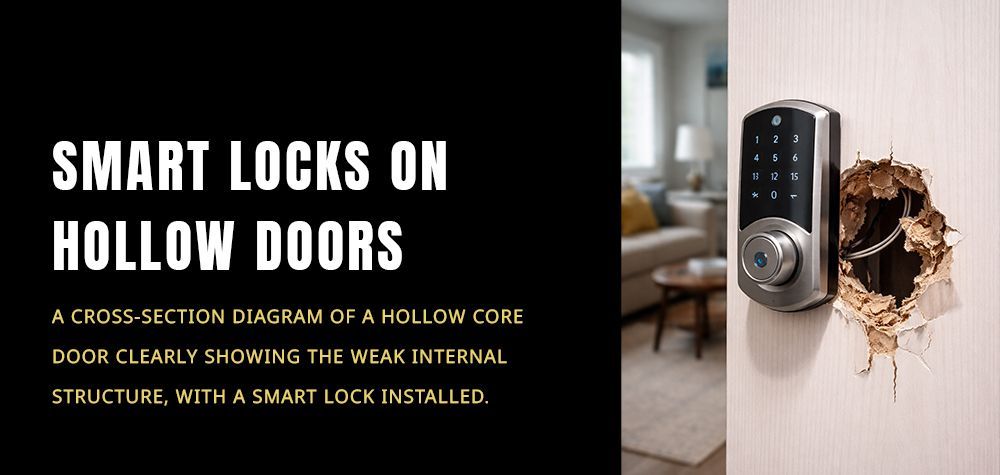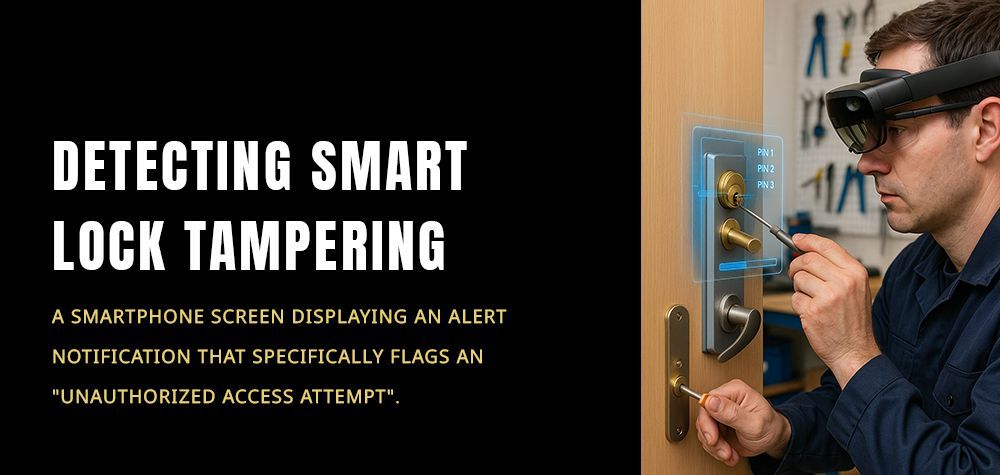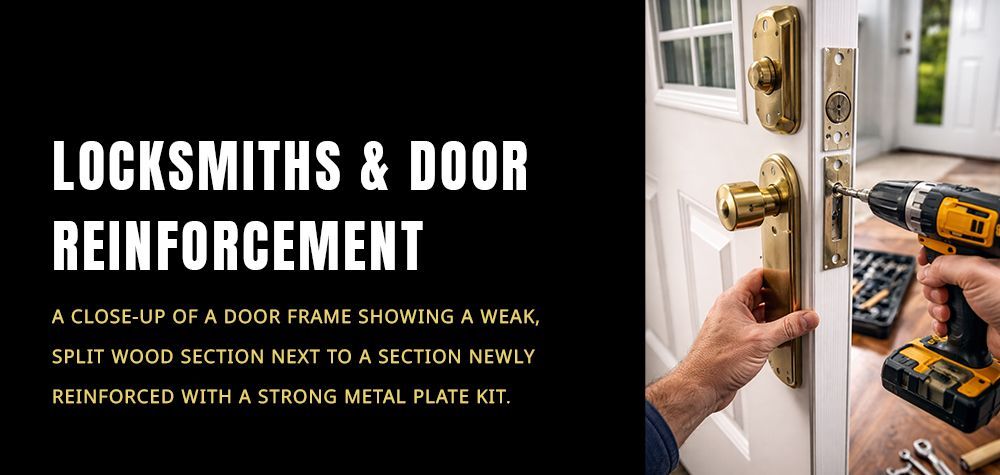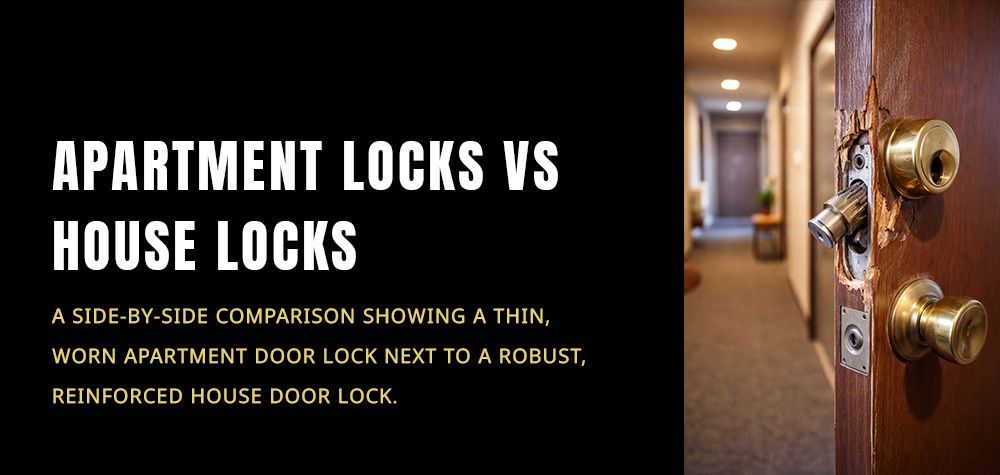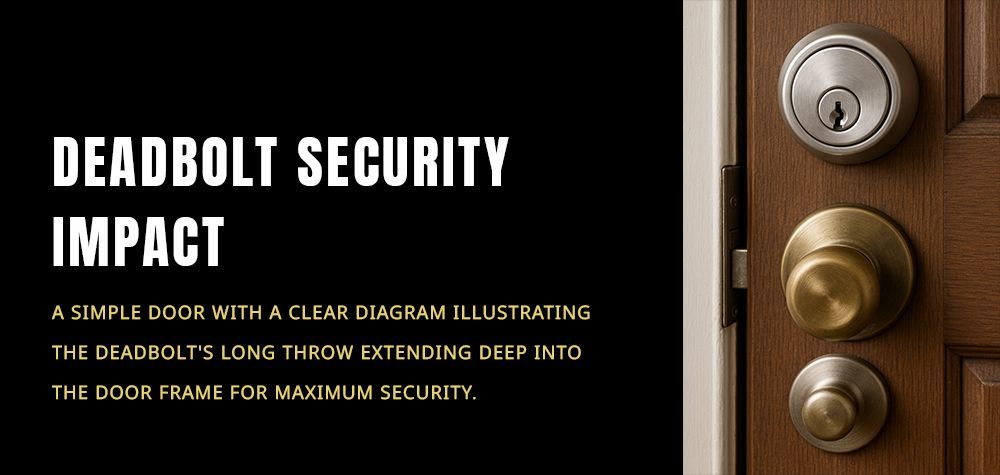Reasons Why Your Car Door Isn't Working
When you think of car repairs, engine fixes and headlight replacements often come to mind first. However, car doors are just as crucial, as they ensure your safety and allow you to enter and exit your vehicle with ease. If your car doors aren’t working properly, it can be frustrating and even dangerous. Let’s explore some common reasons why your car door might not be functioning as it should.
Door Lock Actuator Issues
The door lock actuator is a small motor inside your car door that controls the locking mechanism. When it fails, your door locks might not respond to your key fob or interior buttons. If you notice that your doors aren’t locking or unlocking as they should, a faulty actuator could be the culprit. This part can wear out over time or suffer from electrical issues, necessitating a replacement to restore proper function.
Faulty Door Handles
If your door handles feel loose or aren’t moving smoothly, they might be the reason your doors won’t open. Handles can wear out or become damaged from frequent use. When the interior handle doesn’t work, it often points to issues with the exterior handle as well. Addressing handle problems promptly can prevent the frustration of being unable to open your doors from the inside or outside.
Doors That Won’t Stay Shut
A door that won’t stay closed can be more than an annoyance; it’s a safety hazard. The striker plate, a metal latch that keeps the door closed, might be misaligned or worn out. This can cause the door to pop open unexpectedly or require multiple slams to stay shut. Ensuring your striker plate is in good condition and properly aligned is essential for safe driving.
Stiff or Tight Doors
If your doors feel stiff or make squeaking noises, they likely need lubrication. Over time, the hinges and latches can become dry or corroded, making it difficult to open and close the doors smoothly. Applying a suitable lubricant to the hinges can resolve this issue, ensuring that your doors operate effortlessly.
Electric Track Doors
Malfunctions Many larger vehicles have electric track doors that slide open and closed. These doors rely on an electrical signal to function properly. If you hear a clicking noise or the door gets stuck halfway, the track or the signal may be malfunctioning. Regular maintenance and immediate attention to any unusual noises can help prevent track-related issues.
Mechanical Locks Not Closing
Mechanical locks can become problematic if they are worn out or damaged. If your key doesn’t turn smoothly in the lock or the lock doesn’t engage fully, it might need lubrication or replacement. Checking the lock mechanism and addressing any issues can restore the security of your car.
Electric or Manual Windows Not Working
Windows that don’t roll up or down properly can be a sign of a problem with the window regulator or motor. Manual windows might need a new roller or handle, while electric windows could have issues with the motor or wiring. Fixing window issues promptly can ensure your comfort and safety while driving.
Speed-Sensing Auto-Locks
Malfunctioning Speed-sensing auto-locks are a convenient feature that locks your doors automatically as you drive. If these locks aren’t engaging, it could be due to a sensor or CPU problem. Professional diagnostics can identify the issue and ensure your auto-locks work as intended, providing an added layer of security.
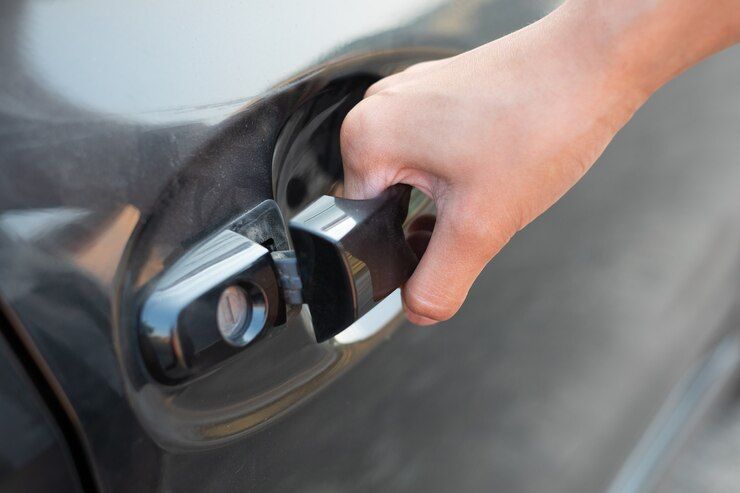
Door Open Sensors
Malfunctioning Door open sensors play a crucial role in alerting you when a door isn’t properly closed. If these sensors are malfunctioning, they might flash red even when the door is securely shut. Checking the wiring and connectors, and replacing any faulty parts, can ensure your sensors function correctly and keep you informed about your door status.
Wireless Entry Not Working
Wireless entry systems are convenient, but they can fail due to issues with the key fob or the car’s receiver. If your key fob doesn’t unlock your doors, it might need a new battery or a reset. Ensuring your wireless entry system is functioning can save you from the hassle of manually unlocking your doors.
Air and Water Leaks
Leaky car doors can let in water and drafts, making your drive uncomfortable. The rubber seals around your doors can wear out over time, leading to leaks. Inspecting and replacing worn seals can keep your car’s interior dry and comfortable, especially during heavy rain.
Conclusion
Your car doors are vital for your safety and convenience. Regular maintenance and timely repairs can prevent many common issues, ensuring that your doors work properly. By addressing problems like faulty handles, broken actuators, and leaky seals, you can keep your car doors in top condition and enjoy a smoother, safer driving experience.
Reach out to Brothers Locksmith for any car-related services!
Call Us Any Time!


